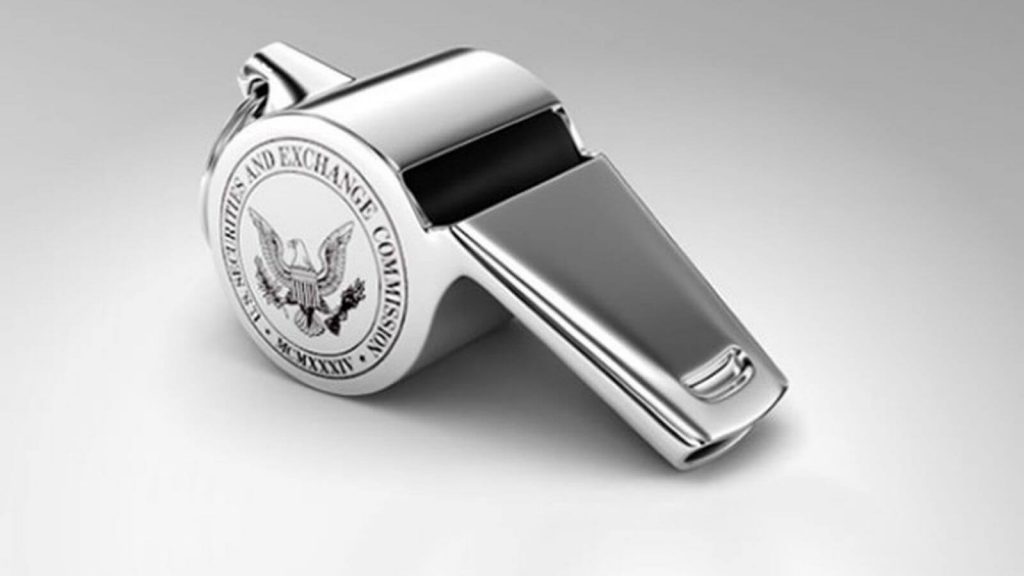On March 19, the SEC announced that it had awarded a combined $83 million in whistleblower award to three whistleblowers. This SEC whistleblower award is the largest ever under the Dodd-Frank whistleblower program.
As we have discussed, the SEC whistleblower program provides for an award of 10-30% of the SEC’s ultimate recovery to those who submit tips relating to a securities violation. The SEC has awarded over $250 million to whistleblowers who assisted in the recovery of over $1 billion.
How the SEC Whistleblower Award Program Works
The SEC program operates somewhat differently than the FCA and other qui tam statutes. SEC provides a very helpful graphic on the process:
In general, a whistleblower files a “Tip, Complaint, or Referral” form (TCR) with the SEC office of the whistleblower. The SEC then investigates and at its choice may pursue claims based on the tip. SEC periodically posts “notices of covered action.” These notices detail any results potentially subject to whistleblower rewards. Then, whistleblowers must file to claim their share of the recovery. Notably, the program does not give the whistleblower the right to pursue their own claims if the SEC does not.
The SEC Program Helps Keep Whistleblowers Secret
The SEC goes to great lengths to assist whistleblowers in keeping a low profile. In fact, a whistleblower represented by an attorney may choose to be completely anonymous to the SEC. That was the case here, as the SEC did not announced the names or the matter. Instead it announced only that two whistleblowers will share nearly $50 million and a third will receive more than $33 million.
The SEC reward program has been very successful over a short period and clearly has a lot to commend it. However, while whistleblowers are permitted to file without a lawyer, we think they should not.
Having an attorney allows a whistleblower to file anonymously. In addition, many potential whistleblowers are unaware of the extent the program requires vigilance to identify and claim rewards. Moreover, because the system vests so much discretion with SEC, we find that many whistleblowers submit tips and feel they have fallen into a “black hole”–never hearing from SEC or getting the chance to clarify any questions raised by their tip.
In our experience in appropriate cases, whistleblower attorneys can increase the likelihood that a tip will be acted on in a timely fashion. They can help ensure that a tip is seen by the right SEC specialists and can act as a helpful screening mechanism assuring the SEC that, should it pursue the case, competent counsel stand ready to assist.

